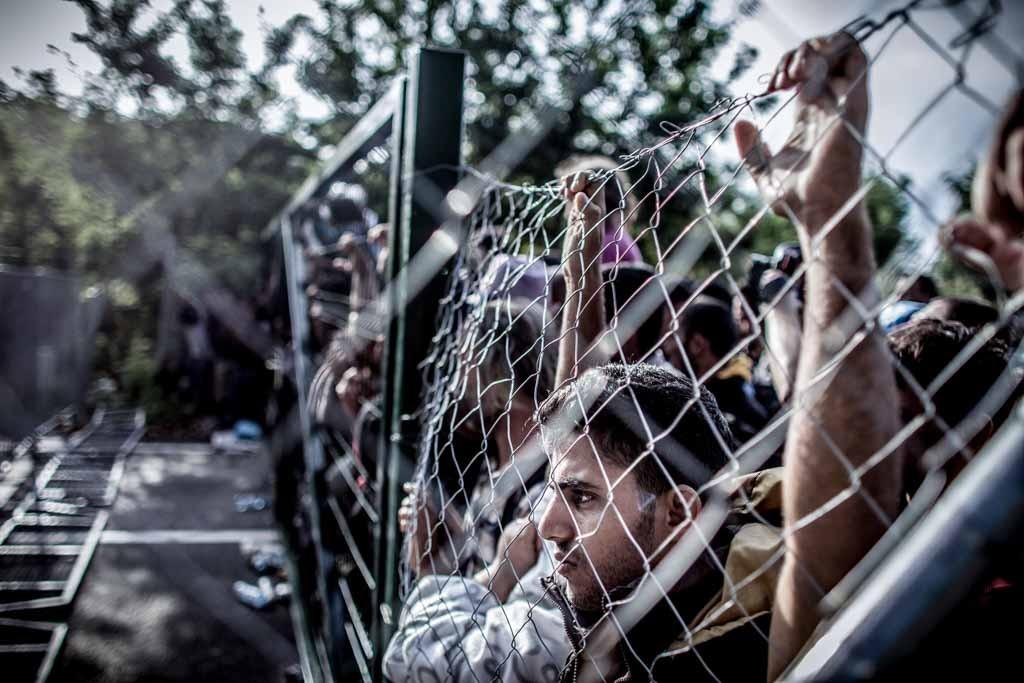News Desk
Hundreds of thousands of homes in Jamaica remain without power in the wake of Hurricane Beryl.
Over 12 hours of intense rain fell on the island’s southern shore on Wednesday night as a category four storm—one of the strongest to have batter the nation—swept through.
Following the early Thursday lifting of the island-wide curfew, officials and locals are evaluating the damage.
After wreaking havoc over the Caribbean and killing ten or more people, Beryl has now dropped to a category two hurricane and is headed toward Mexico and the Cayman Islands.
Three deaths each were reported from Venezuela, Grenada, and St. Vincent and the Grenadines; one death was reported from Jamaica.
On the two small islands of Union and Mayreau in St. Vincent and the Grenadines, the hurricane nearly completely destroyed every dwelling.
The Yucatan Peninsula is predicted to be struck by strong winds and potentially deadly storm surges and seas by early Friday, according to US National Hurricane Center forecasts.
About 400,000 of JPS’s customers, or 65% of its total, were lacking power on Thursday morning, according to the Jamaican energy supplier.
The MP for St. Elizabeth South Western claimed that the hurricane had dealt “a most devastating blow” to certain areas of the island.
Floyd Green posted on X stating that numerous roofs have been demolished, residences have been destroyed, trees have been uprooted, light poles have been felled, and nearly all roads are impassable in his constituency.
In addition to ruling many Caribbean countries, King Charles III expressed his “deep sadness” on Thursday upon learning of the “horrible devastation” caused by Hurricane Beryl.
$4 million (£3.1 million) has been released by the UN from its emergency response fund to aid in the recovery efforts in Grenada, Jamaica, and Saint Vincent & the Grenadines.





